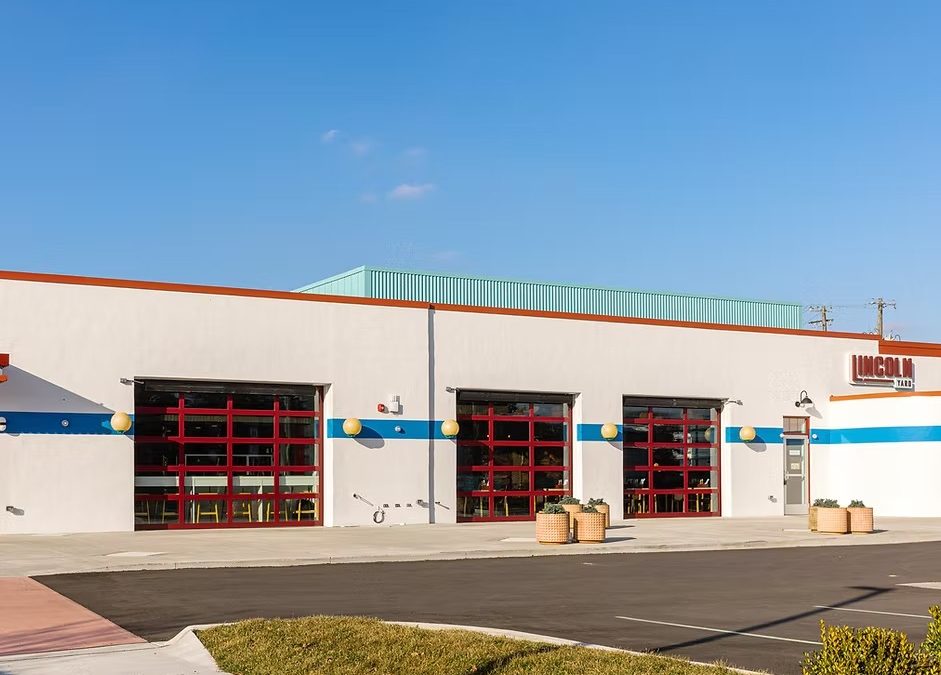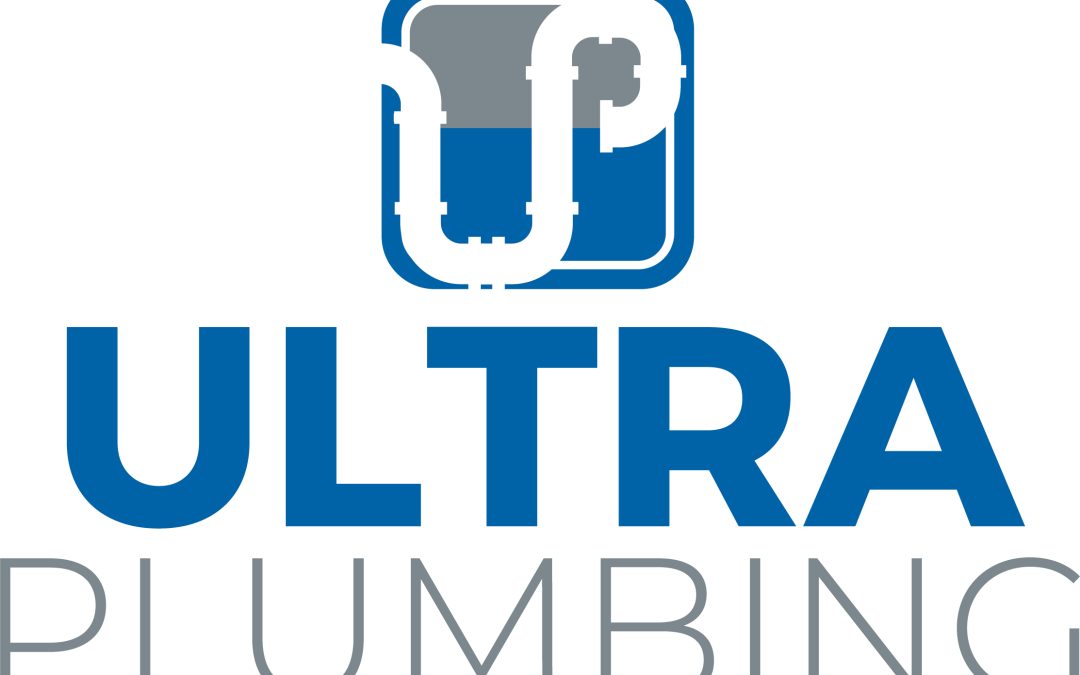As the landscape of work continues to evolve, the demand for urban versus suburban properties is experiencing a notable shift, particularly with the rise of remote work arrangements. This transition is not just about where people work but also where they choose to live. While the commercial real estate market is adapting to accommodate more remote workers, the impact on residential real estate is also significant. With more individuals opting for flexibility in their work setups, the appeal of suburban living is on the rise, providing a balance between proximity to urban amenities and the comfort of a more spacious home. This trend carries implications for both investors and homeowners, encouraging a reevaluation of property preferences and market dynamics in the near future.
Understanding Current Real Estate Trends
The Impact of Inventory Shortage
The current real estate landscape is heavily influenced by an inventory shortage, which has been a persistent issue. The shortage drives up home prices as competition intensifies among buyers for the limited supply of available homes. This dynamic has a significant impact on the market, creating a seller’s environment where bidding wars are common, and homes often sell for above the asking price. For those looking to buy, this means being prepared to act quickly and possibly over budget. Sellers, on the other hand, can benefit from this demand, but it also complicates their ability to purchase their next home in the same market. Looking ahead, if inventory levels increase, we may see a more balanced market. However, until then, the shortage remains a critical factor influencing real estate values and trends.
Birmingham MI: A Hotspot
Within the regional market, Birmingham, Michigan, stands out as a prime example of heightened real estate activity. The city’s strong appeal is driven by its vibrant downtown, quality schools, and community amenities, making it a desirable place to live. This has led to a surge in demand for homes in the area, with properties often receiving multiple offers shortly after listing. For potential buyers, this means that entering the Birmingham market requires a strategic approach and readiness to compete. Sellers are finding themselves in an advantageous position, able to command higher prices and choose from a pool of eager buyers. However, this demand also means that inventory in Birmingham is quickly snapped up, contributing further to the regional inventory shortage. As remote work continues to be prevalent, the appeal of Birmingham’s balanced lifestyle is likely to keep it as a hotspot in the real estate market.
Economic Indicators and Real Estate
Interest Rates: A Double-Edged Sword
Interest rates significantly influence the real estate market, acting as a double-edged sword. On one side, low interest rates make borrowing more affordable, allowing more buyers to enter the market and stimulating demand for housing. This can lead to price increases as competition for homes grows. On the flip side, when interest rates rise, as we’re currently experiencing, the cost of borrowing climbs. This reduces the buying power of consumers, potentially cooling down the overheated market. Higher rates may deter some from seeking new homes, preferring to stay put rather than finance a mortgage at a higher rate. For sellers, this can mean a reduced pool of potential buyers and possibly longer listing periods. Buyers and sellers must stay informed about interest rate trends, as these will affect affordability, investment returns, and overall real estate market health.
Employment Rates: The Catalyst for Market Movement
Employment rates serve as a vital catalyst for real estate market movement. A strong job market typically results in increased demand for housing, as individuals have the necessary income and job security to purchase homes. Conversely, when employment rates decline, potential buyers may hesitate to invest in a new property due to uncertainty about their financial future. In areas where new jobs are being created, we often see a corresponding boom in the local economy and a spike in housing demand, which can drive up prices. The relationship between employment rates and the real estate market is clear—job growth leads to more robust market activity, while job losses can lead to stagnation or decline. As such, both buyers and sellers should keep a close eye on employment trends, as they can provide insight into the direction of the housing market and signal the right time to make a move.
Remote Work and Property Demand
Implications for Commercial Real Estate
The rise of remote work has profound implications for commercial real estate. As businesses adapt to a workforce that is no longer bound by the need to be in the office five days a week, the demand for traditional office spaces is changing. Some companies are downsizing their physical footprint as employees work from home, while others are reimagining office design to accommodate hybrid work models that prioritize flexibility and collaboration. This transition is pushing commercial real estate to become more innovative, with a focus on creating spaces that offer amenities and environments conducive to occasional in-person work. Investors and landlords are also exploring the conversion of commercial properties into mixed-use developments, integrating residential, retail, and office spaces to meet the new market demands. These changes underscore the need for commercial real estate stakeholders to stay attuned to the evolving needs of businesses in the era of remote work.
Residential Real Estate: Minimal Impact
Contrary to what might be expected, the shift to remote work has had a minimal impact on the demand for residential real estate in terms of location preferences. While some predictions suggested that remote work would lead to a mass exodus from urban centers to more secluded, suburban, or rural areas, the reality is more nuanced. Many people continue to value the benefits and conveniences of urban living, such as proximity to cultural amenities, restaurants, and entertainment. Instead of moving away, they are looking for homes that can accommodate a home office or workspace. The need for space has become a priority, but it hasn’t drastically changed the desire to be near urban conveniences. For investors and homeowners, this means that while property features might evolve, the allure of urban living remains strong, ensuring sustained interest in urban and suburban properties alike.
Urban vs. Suburban: The Changing Landscape
The trend toward remote work is reshaping the landscape of urban and suburban living. While the core appeal of city life persists, the suburbs are experiencing a surge in demand. This shift is driven by remote workers seeking more living space, a quieter environment, or a backyard—amenities often more attainable outside of urban cores. As a result, suburban areas are evolving, with new developments and infrastructure improvements aimed at attracting this growing demographic. For urban areas, the challenge is to retain residents by adapting to their changing needs, such as offering flexible workspaces and enhancing quality of life through green spaces and improved public services. Investors and homeowners must pay attention to these trends, as they impact property values and determine where the next hotspots for growth might emerge. The balance between urban and suburban preferences is likely to continue to evolve as remote work becomes more deeply integrated into our professional lives.






